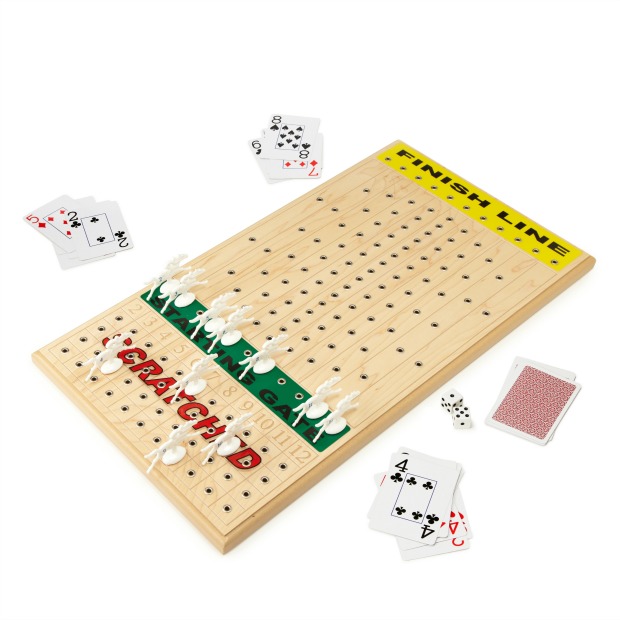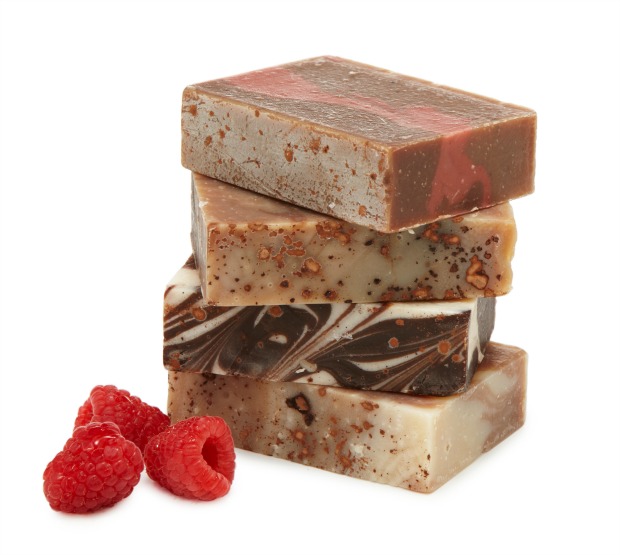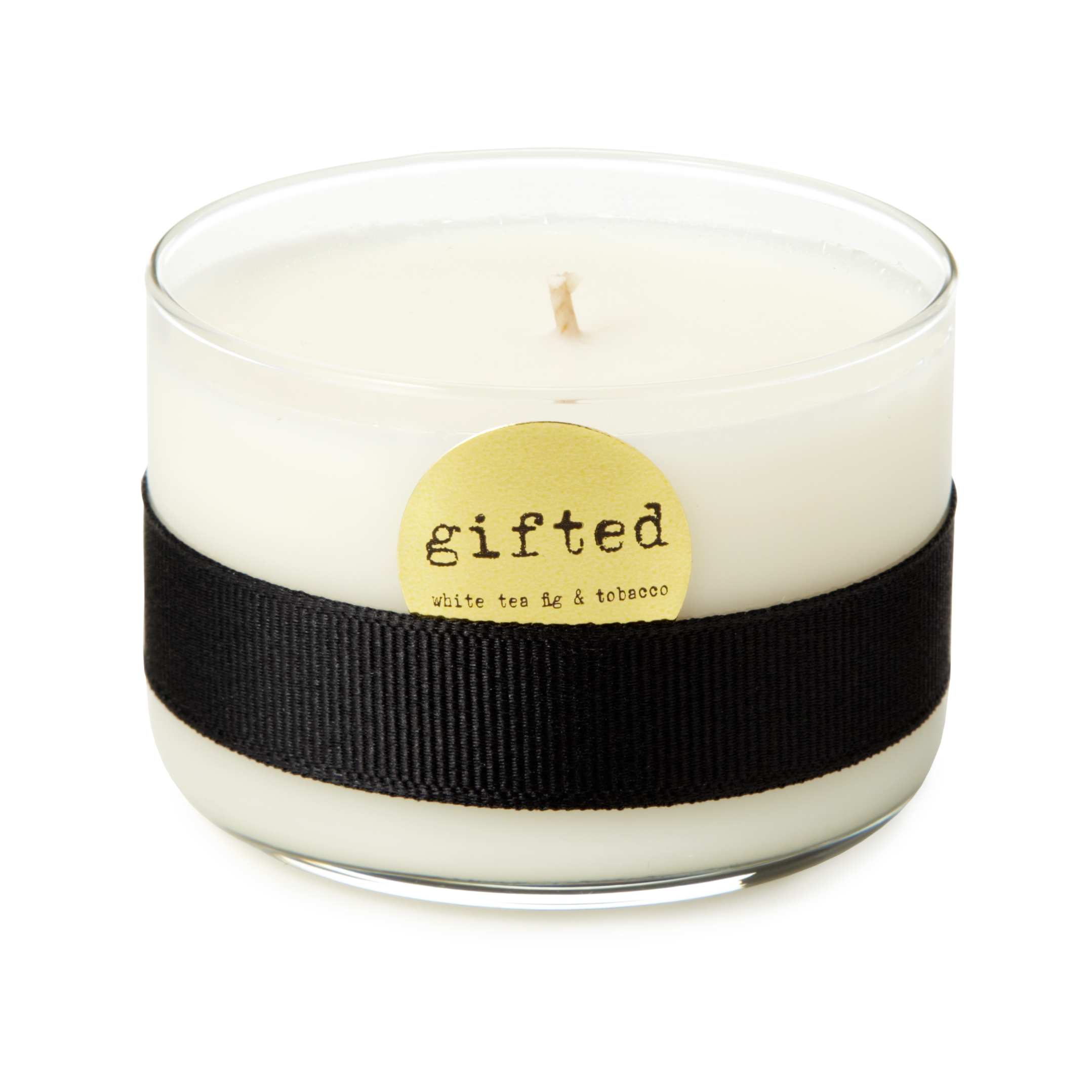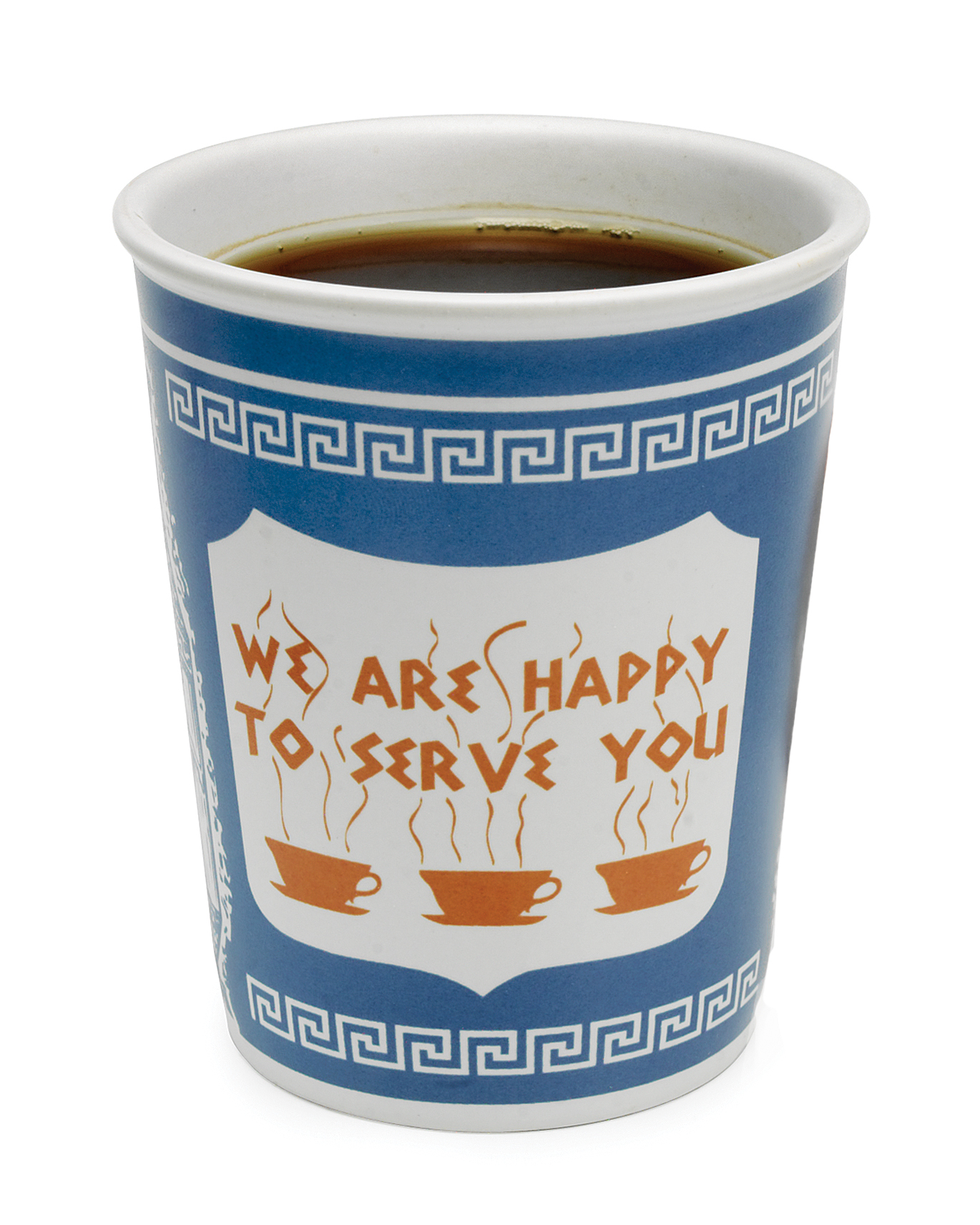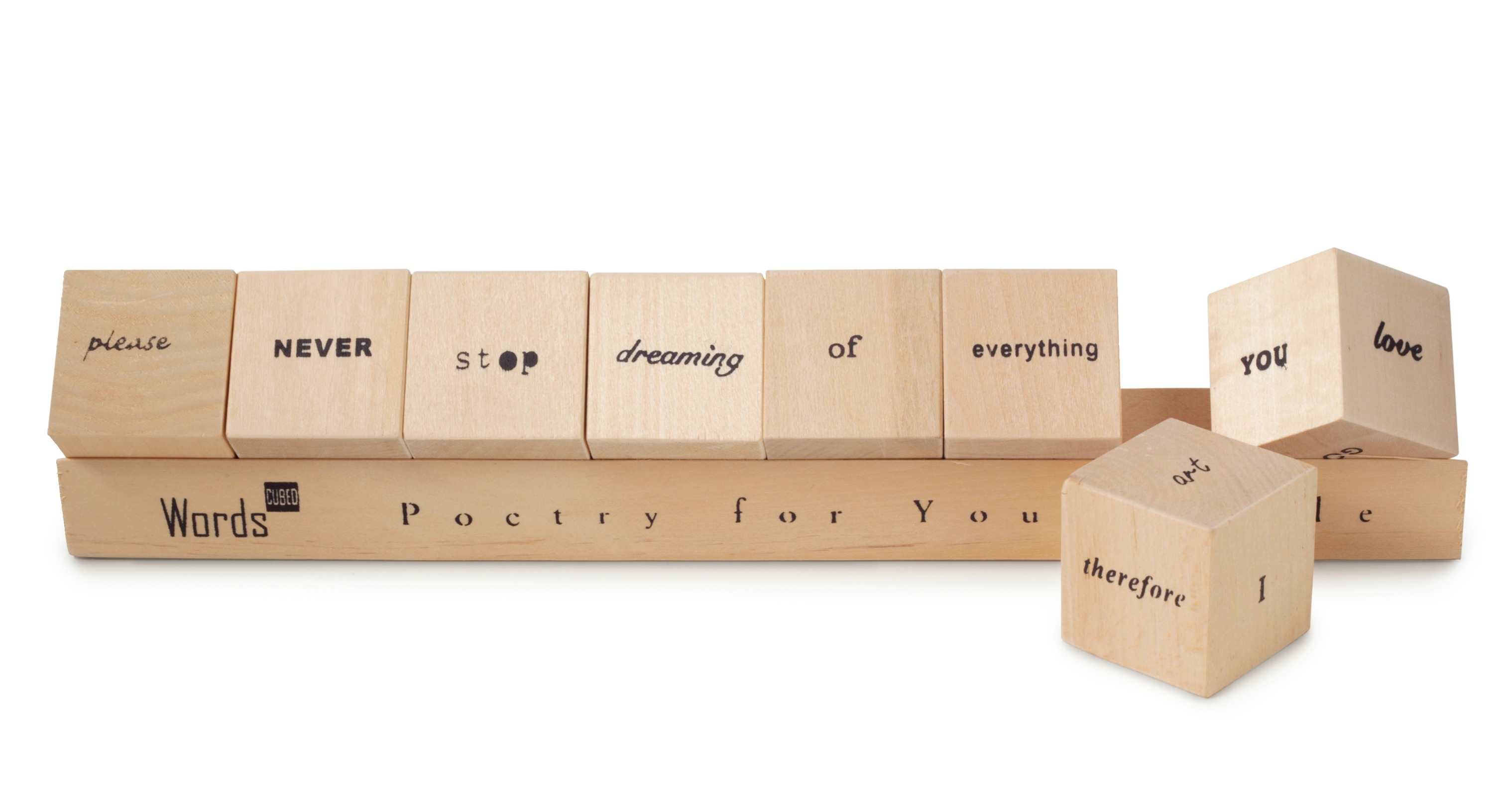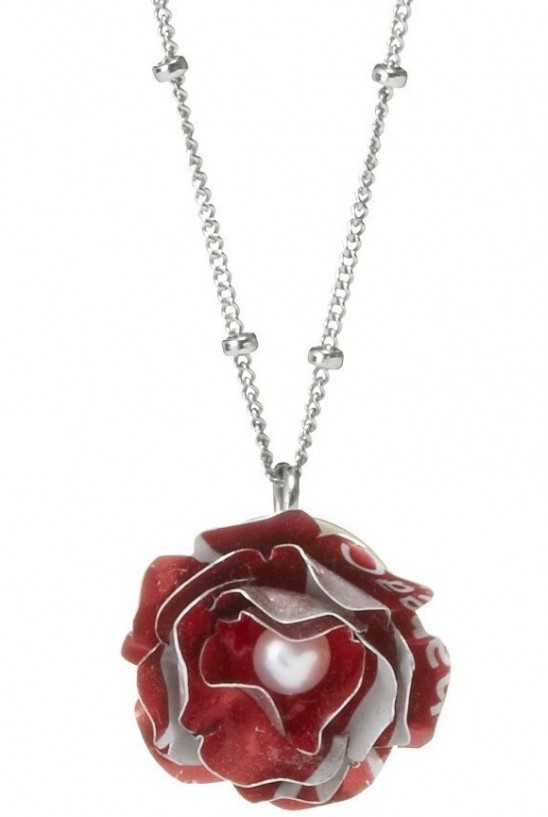When someone tells you your joke was the funniest, your hair was the prettiest, your cooking was the tastiest (we’re very popular)—they usually announce your win, “hands down.” This saying originates at the racetrack, the earliest examples being found in 19th century sporting papers. If a jockey and his horse were winning by a lot, the jockey would often be able to cross the finish line with the reigns dropped and his hands down. What was at first used in a literal way soon became a metaphor for winning with ease—an 1853 newspaper described a horse’s win as “she won with the most perfect ease imaginable, little Sherwood going past the post ‘hands down.’” Now hands up if you think that’s neat.
From mac and cheese to pad thai, everyone has their go-to comfort food. Or do they? In a recently published study, Shira Gabriel, an associate professor of psychology at SUNY Buffalo, ran a pair of experiments to see what determines a person’s comfort food cravings—and to see if there was a social aspect to it all. Turns out, our ability to form strong, healthy bonds has a lot to do with it. Volunteers were first asked about their attachment style with family and friends, then split up into two groups. One group was asked to relive a conflict they’d had with a loved one and then were given potato chips (sign us up for this study!) Once they were eating the chips, the individuals who had described themselves as more heavily bonded and had described a conflict found the snacks significantly tastier than the attached individuals who were not asked to relive an argument. On the other hand, there was no significant difference in snack enjoyment between the less attached people who relived an argument and the ones who didn’t. Now pass us the grilled cheese and tomato soup, please.
Humans are among only a handful of species that practice monogamy (here’s looking at you, swans) but studies have shown that those tendencies developed over time. Writer and professor Michael Stoddart claims that our sense of smell slowly evolved in order to render human pheromones virtually undetectable. “Over time, humans’ sense of smell evolved to only be based on the nose’s olfactory membrane, and not another structure called the ‘vomeronasal organ’ or VMO. Other mammals use both,” says Stoddart. This evolutionary advantage allows us to live in close proximity and in relative harmony without all-consuming pheromones getting in the way. We do still rely on smell to draw us to our partners, it’s just not quite as intense—aside from the guy behind you at the grocery store who seemingly bathed in cologne.
He might. But if he’s sneezing during a rousing game of “run around the dining room table with your stolen sock,” he’s just having a really great time. Dogs will often sneeze to show they’re ready to play. If you’ve been yearning to get on your furry friend’s level when it comes to communication, give a quick sneeze. His tail will probably start wagging and you’ll both be speaking the same language. What’s more, a dog will sometimes employ the sneeze in order to communicate to a fellow furry playmate. If the play starts to get a little too serious or violent, the dog will sneeze to communicate, “hey buddy, we’re just having fun here. Lets not let this escalate any more.”
No, but their streetlights do. New York’s Central Park takes up roughly 843 acres of land and is larger than the principality of Monaco. That’s a lot of park. Aside from being a beautiful place to picnic, the park is used by many New Yorkers and tourists as a nature-filled respite that can take them across town without having to commute through the hustle and bustle of city streets. But without street signs and without staring at your phone or a map as you fumble past the Bethesda Fountain, how can you know where in the park you are? Look no further than the four simple numbers printed on every lamppost that dots the park. The first two numbers indicate the cross street you would be passing if they ran straight through the park, while the last two numbers let you know if you’re closer to the East Side or West Side—an odd number means west, even means east. So 7103 would put you closest to West 71st Street. What will New York think of next? A croissant and donut hybrid or something?
Text messaging has changed the way we communicate, and somewhere during that time, the lowly period gained a somewhat snarky nuance. Linguistic professors have found that in digital communication, including chat windows and texts, the default is to end your thought just by stopping. Because of this, if one chooses to use a period, the reader is left to wonder why—and the assumption is usually that it’s negative. Why is this? Over time, as the written word began to gain autonomy from the spoken word, punctuation became a way to show the reader what was most important in the text. Only the question mark and exclamation point were ever used to indicate “tone.” Now, however, technology has asked us to apply the written word to real time. In other words, it needs to be more like speech. “People are communicating like they are talking, but encoding that talk in writing,” says author and NYU professor Clay Shirky. This may be why the line break has taken the place of a simple period. It lets people emulate in writing the rhythm of their speech. So in the text world, the period is superfluous—meaning that when you text your boss to them you’ll be a little late, a simple “okay.” in response sends you into a cold sweat.
He might not be the only one, but he’s definitely the cutest. Interested in figuring out just how much dogs “get” humans, scientists used brain-imaging technology on our four-legged friends. The most direct example of dogs’ devotion to their humans is their odor processing capabilities. Scientists found that when a pup caught his owner’s aroma, the “reward center” of his brain was sparked. Of all the scents a dog can take in at once, yours is the one that he prioritizes. Even more telling (and the reason your pooch knows just when you need a cuddle), dogs have shown themselves to be physically wired to pick up on our mood changes. A study revealed marked similarities in the way dog and human brains process emotionally laden vocal sounds. So when they hear you whining or crying or just generally stressed, they know that you need nothing more than a tail wag and a furry friend. In conclusion, dogs are the best.
Uncommon Knowledge: Does a rose on any other planet smell as sweet?
March 9, 2015Better, actually. In 1998, a team of researchers developed a plant growth chamber for the mid-deck of the space shuttle. This chamber would provide a miniature rose with the appropriate temperature, humidity, light, and nutrients during space flight. With all the ideal conditions replicated, the rose grew during its journey in space. Once it fully bloomed, researchers analyzed the scent molecules taken from the astronaut blossom and found that this particular rose had a much stronger scent than others of its kind. The reason? Flowers produce a variety of aromas in order to attract the preferences of their pollinators. These aromas are carried in the plant’s essential oils and are strongly affected by the environment. Note to self: ask for a bouquet of a dozen space roses next Valentine’s Day.

